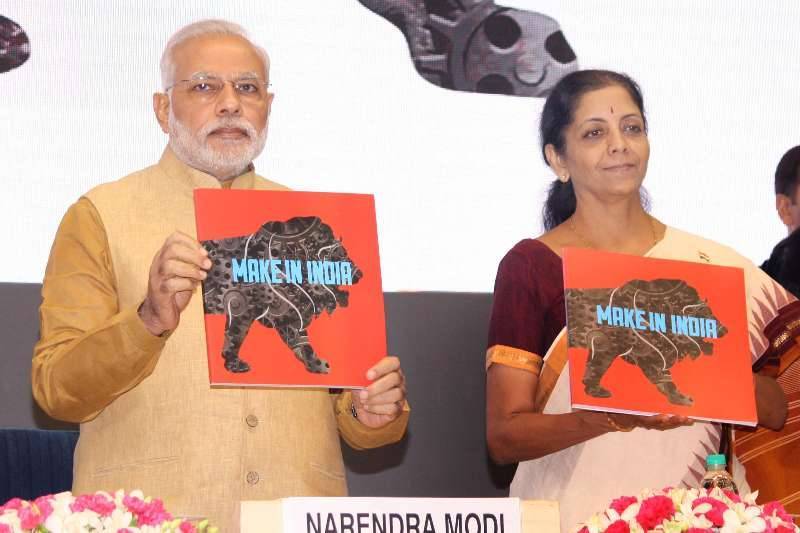Before Porter, India saw the birth of two unicorns — Ola’s Krutrim AI and fintech firm Perfios — this year amid global slowdown….reports Asian Lite News
Homegrown logistics services platform Porter has likely become the third unicorn (with valuation of $1 billion and above) in India this year after a fresh internal round.
According to sources, the fresh round involved key individual investors who bought stock from the employee stock ownership plan (ESOP) pool of the logistics provider, taking its valuation at $1 billion.
The company told IANS in a statement: “We do not comment on market speculation as a company policy.”
Before Porter, India saw the birth of two unicorns — Ola’s Krutrim AI and fintech firm Perfios — this year amid global slowdown.
Top investors like Tiger Global, Peak XV Partners, Lightrock and the Mahindra Group have infused money in Porter.
Founded in 2014 by Pranav Goel, Uttam Digga and Vikas Choudhary, Porter launched an on-demand marketplace for trucks, bikes and packers & movers.
It is one of the leading logistics companies, providing a spectrum of intra-city and inter-city services.
Bengaluru-based company saw its operating revenue crossed Rs 1,700 crore in FY23. Its FY24 results are yet to be announced.
The company generates revenue by offering services for transportation of goods. It has secured about $150 million in funding to date.
In the first quarter this year, the Indian tech startup ecosystem received more than $1.6 billion in total funding.
Last week, More than $320 million has been raised by 24 Indian startups in funding this week, which includes 7 growth-stage deals and 13 early-stage deals.
Four early-stage startups did not disclose the amount raised, reports Entrackr.
Last week, around 28 early and growth-stage startups collectively raised nearly $340 million in funding.
Among the growth-stage deals, seven startups secured around $287 million in funding this week. Data and AI governance firm Atlan secured the highest funding of $105 million.
This was followed by the dialysis chain NephroPlus, shared electric mobility startup GreenCell Mobility, education service provider K12 Techno Services, and lending firm Lendingkart, which raised $105 million, $36.7 million, $27 million, and $10 million, respectively.
Moreover, 13 early-stage startups secured funding worth $33 million during the week.
Direct-from-farm produce supply chain startup Superplum topped the list followed by a platform for wholesale buying and selling Poshn, log analytics startup Parseable, fodder ecosystem to support dairy cattle farmers, Cornext, and re-engineered tyre startup Regrip.
The list of early-stage startups also includes — GyanLive, QUE, trackNOW, and Food Square, which kept the funding amount undisclosed.
City-wise, Bengaluru-based startups led with nine deals followed by Delhi-NCR, Mumbai, Hyderabad, Ahmedabad, Gandhinagar, Indore and Kolkata.
ALSO READ: RR’s Woes Deepen
ALSO READ: Weather Hands KKR Top Two Finish














